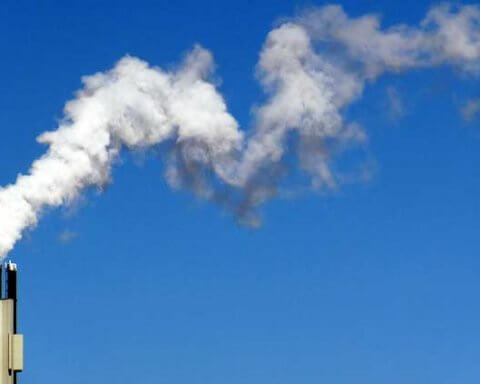The Helsinki Stock Exchange topped Corporate Knights Capital’s Measuring Sustainability Disclosure: Ranking the World’s Stock Exchanges 2015 ranking for the second year in a row. The Euronext Amsterdam took second spot, followed by the Copenhagen Stock Exchange and the Australian Securities Exchange. The Johannesburg Stock Exchange, which placed eighth, is the only stock exchange in the top 10 from an emerging economy.
This report is the fourth instalment of an annual series that tracks the extent to which the world’s publicly traded companies are disclosing the seven basic or “first-generation” sustainability indicators, namely: employee turnover, energy, greenhouse gas emissions (GHGs), injury rate, payroll, waste and water.
The analysis is conducted at the level of individual stock exchanges (45 in total) and is based on 2013 disclosure rates.
| Rank | Exchange | # of companies listed | Final score (%) |
|---|---|---|---|
| 1 | Helsinki Stock Exchange | 19 | 89.1 |
| 2 | Euronext Amsterdam | 35 | 85.5 |
| 3 | Copenhagen Stock Exchange | 22 | 75.6 |
| 4 | Australian Securities Exchange | 90 | 73.6 |
| 5 | London Stock Exchange | 206 | 73.2 |
| 6 | Euronext Paris | 116 | 72.9 |
| 7 | Deutsche Borse | 92 | 72.5 |
| 8 | Johannesburg Stock Exchange | 55 | 72 |
| 9 | Oslo Stock Exchange | 14 | 71.9 |
| 10 | BME Spanish Exchanges | 45 | 71 |
Two interesting data points emerged from the report. The study found that although the number of large companies disclosing basic sustainability indicators is increasing, the rate of uptake is flatlining. For example, the rate of increase in GHG reporting over the period 2009–2010 by the world’s large companies stood at 17%. The corresponding figure for the period 2012–2013 has slowed by two-thirds, down to only 6%. There is a similar slowdown in reporting occurring on the other sustainability indicators.
Another notable development concerns disclosure incentives. All 10 top-ranked exchanges are located in countries with sustainability disclosure policies that are mandatory, prescriptive and broad. One example was the London Stock Exchange, which jumped four places to fifth overall on the back of strong improvements on GHG disclosure, following the discussion to the 2013 update of the UK Companies Act 2006, requiring listed UK-incorporated companies to disclose GHGs.
The report’s recommendations center around this point, urging policy-makers, investors, stock exchanges and securities regulators around the world to disclose sustainability information in a timely manner.
“This is the fourth of these reports – and it means we can begin to see which combinations of regulations and voluntary incentives effectively promote disclosure,” explains Aviva Group CEO Mark Wilson in the report. “Although I am a supporter of market forces and lean regulation, it is clear that regulation in this particular area leads to more disclosure than voluntary mechanisms.”



